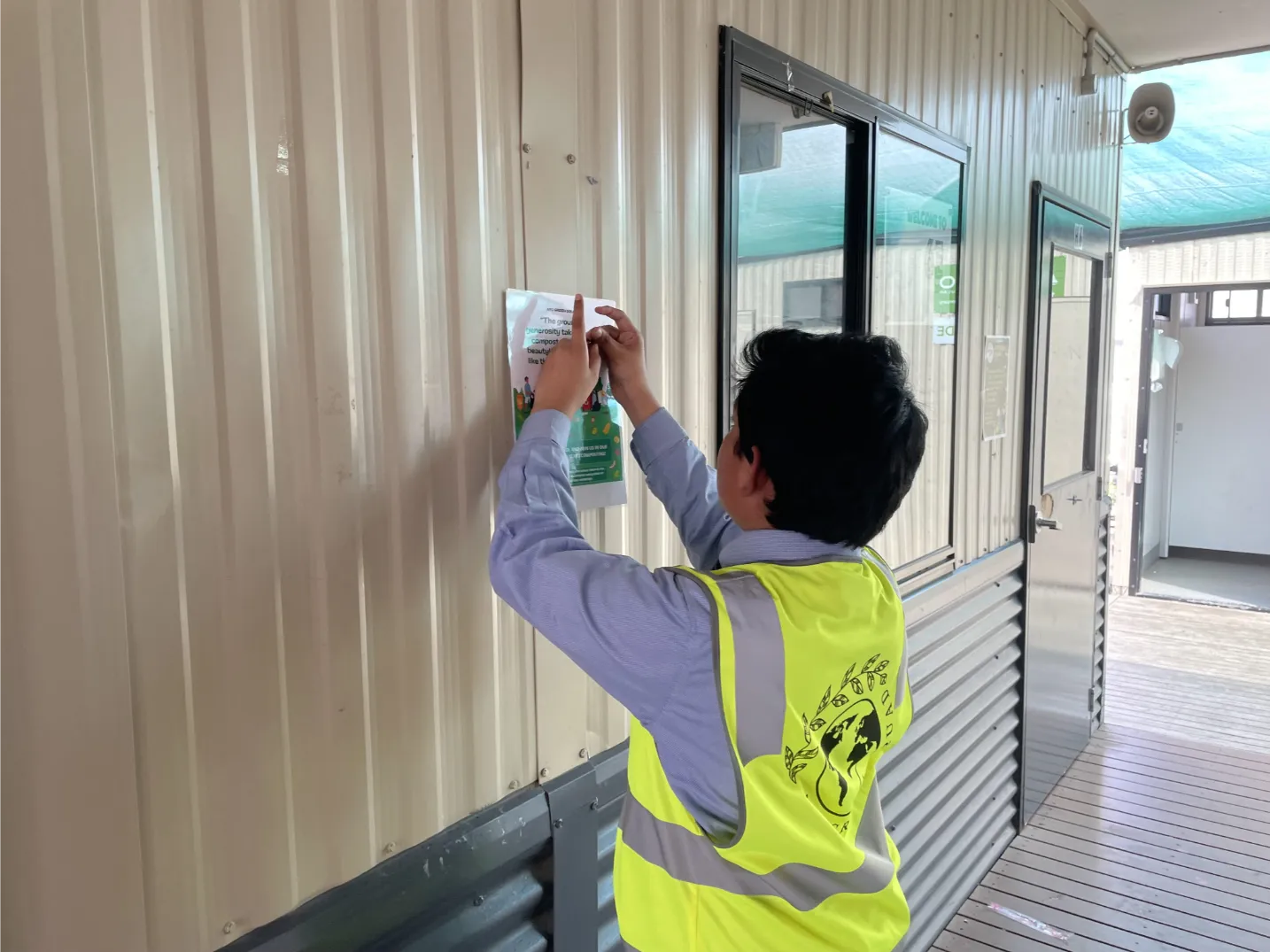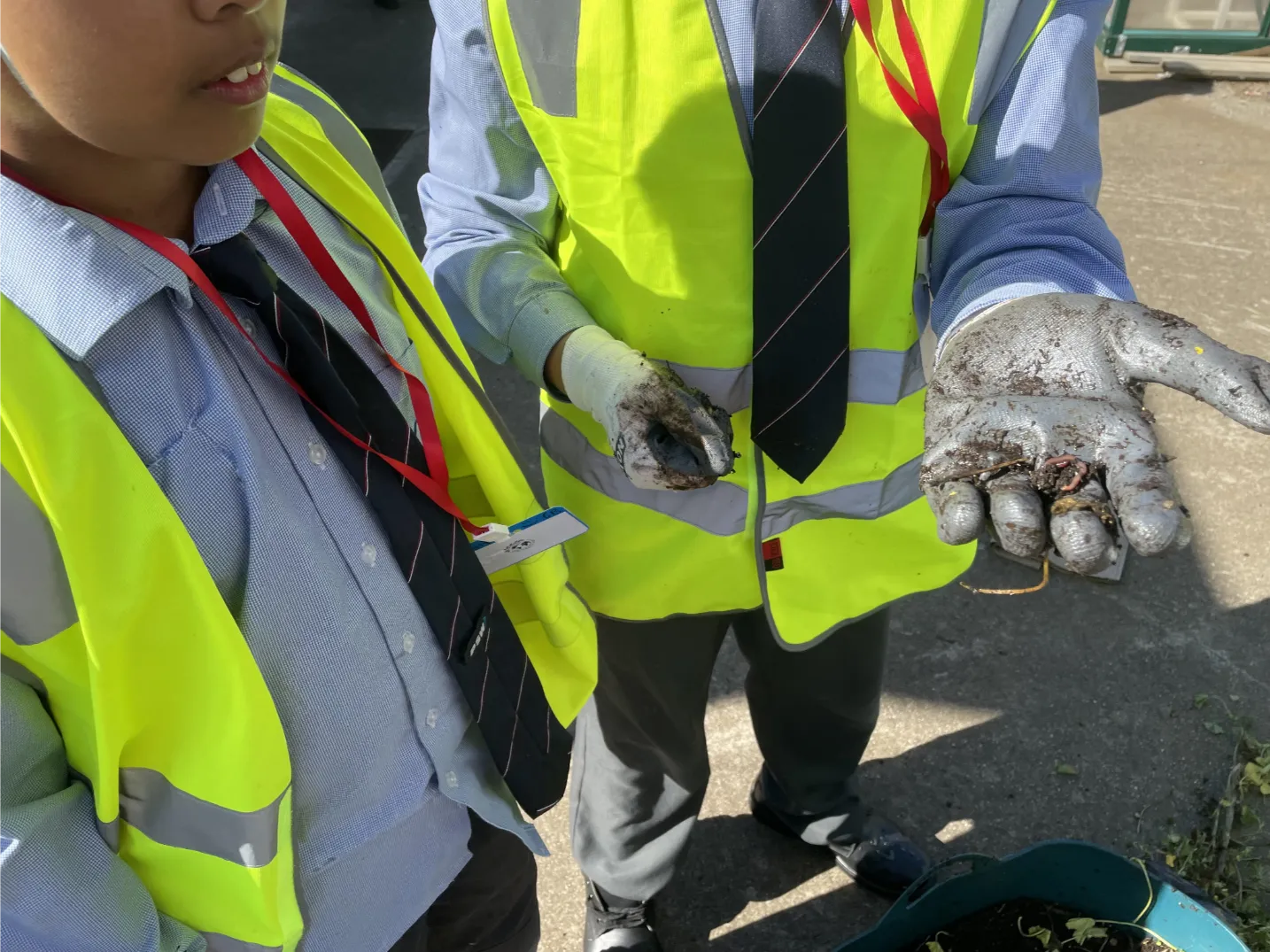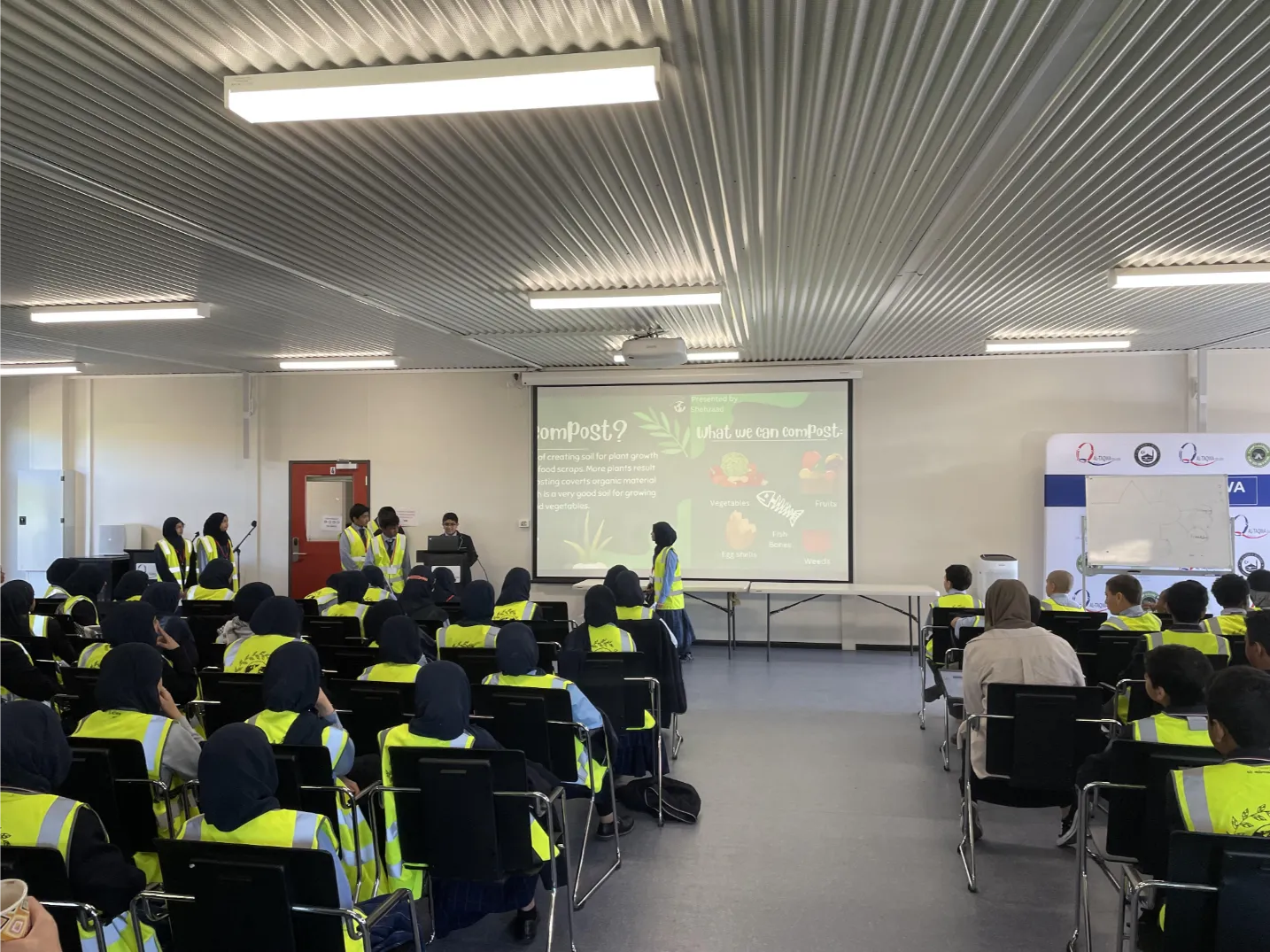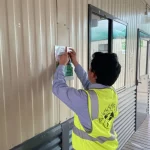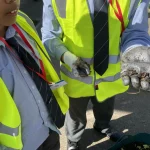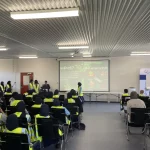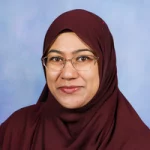
Asra Tanveer
Asra has nearly two decades of dedicated teaching experience. She is an accomplished educator committed to fostering intellectual growth in her students. She currently teaches Science to Year six and seven students, where she has curated an engaging curriculum that caters to diverse learning styles. Beyond the classroom, she has spearheaded science initiatives and received recognition for her innovative teaching methods. Her passion for education is deeply rooted in the belief that knowledge empowers and transforms lives. These principles have led her to engage in problem-based learning, aiming to bridge educational gaps.

Jay Chew
Jay is the coordinator of the Select Entry Enrichment Program with 10 years of science teaching experience in Melbourne, Australia. Currently, he serves as a teacher fellow with Independent Schools Victoria and the Victorian Academy of Teaching and Leadership. He has also participated in the World Food Prize Global Guide Educator Program, where he created learning resources in agricultural education that are currently implemented across six countries. At school, he actively uses virtual reality and augmented reality, as well as the design thinking process to engage students in classroom learning through his involvement in the K20 Educators Virtual World Think Tank fellowship program.

Raj Chohan
Raj has been a teacher for approximately 32 years, starting his teaching career in London. Initially, he wanted to pursue a career in marine biology and research, but his mother, who was also a primary school teacher, persuaded him to become a teacher. He loves teaching and the challenges and rewards it brings. Raj believes that each student is unique, possessing different abilities and learning methods, and each one needs to be encouraged and developed in their own particular way. He thinks that problem-solving activities and challenges are the way forward. He feels that learning develops faster when students bounce thoughts and ideas off each other.
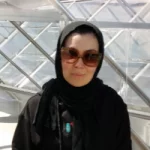
Sumeyye Ipar
Sumeyye, an educator since 2011, boasts a rich background in teaching English, Chinese, and Turkish across diverse countries. Upon returning to Australia, she completed a Master’s in Teaching with a specialism in STEM. Sumeyye has worked with curriculum teams in various schools, contributing to the development of STEM subjects and co-teaching alongside mentors. Currently, she engages students in Junior Science, integrating sustainable solutions into everyday challenges. Sumeyye takes pride in incorporating teachings from the Qur’an and Prophet Muhammad (PBUH) into science classes, highlighting the responsibility to care for Mother Earth in alignment with religious values.
Usefull links related to the Solution
Overview
Al-Taqwa College has taken a bold step to address food waste and promote food sustainability in their community. Jay and a team of Year 6 Science teachers – Raj, Asra, and Sumeyye – have produced a problem-based learning program focused on food waste reduction. This program equips students with the competencies needed to address the changing nature of the climate crisis.
Theory of Change
After evaluating various teaching approaches, a problem-based learning approach was adopted. Through this approach, the programme includes the construction of a robust and adaptable knowledge base, the cultivation of effective problem-solving skills, the development of self-directed lifelong learning abilities, the promotion of successful collaboration, and the encouragement of intrinsic motivation among both students and educators. This approach was also chosen based on feedback from both teachers and students, as they expressed a desire for increased student empowerment in leading projects that can inspire positive changes within their community, benefiting not only themselves but also others.
Approach and Actions
The programme comprises two main components: the creation of a problem-based learning project by teachers and the implementation of the project by students. Initially, the teachers engaged with their 188 students to identify food waste and sustainability issues the students wanted to investigate. Together, the teachers and students decided to focus on setting up new greenhouses, assembling food composting tumblers, and creating worm farms for food composting.
Through the programme, students planned and developed prototypes to tackle the issues of food sustainability and waste; testing their effectiveness and sustainability throughout the programme. Many students also took the initiative to organize school assemblies for Years three to nine, where they educated their peers on proper food waste disposal and decomposition. Additionally, the students are currently conducting a competition to encourage students to compete in decomposing their food waste. The students also conducted pop quizzes and launched poster campaigns throughout the school corridors to increase engagement among fellow students, school staff, parents, and the wider community. These efforts focused on emphasizing the importance of reducing food waste and transforming the school grounds into a more sustainable environment over time.
Impact
Jay and the team observed a significant increase in students’ familiarity with problem-based learning, rising from 86% before the project to 94% after the project. Additionally, they also noted that students’ confidence in participating in problem-based learning activities surged to 96%. Both students and teachers responded positively to the programme, generating initiatives such as organizing campaigns, running competitions, and leading school assemblies from Years three to nine to promote awareness and enable other students to place their food waste into the composting bins for the composting project. The wider school community has also started to become aware of the project and some other stakeholders have inquired about ways to participate in the programme. The teachers have witnessed improvements in students’ knowledge as well as their engagement in classroom learning through problem-based learning.
